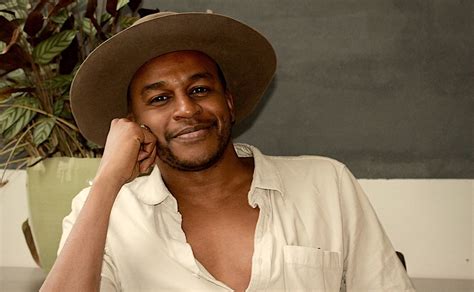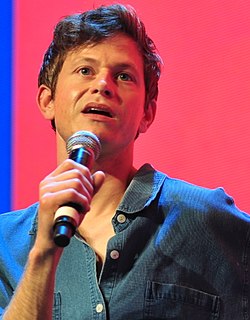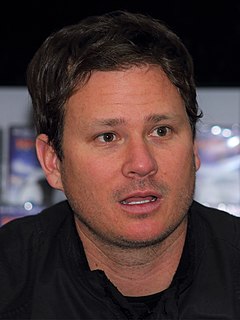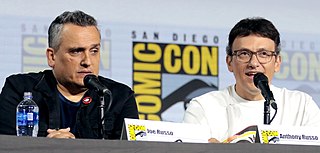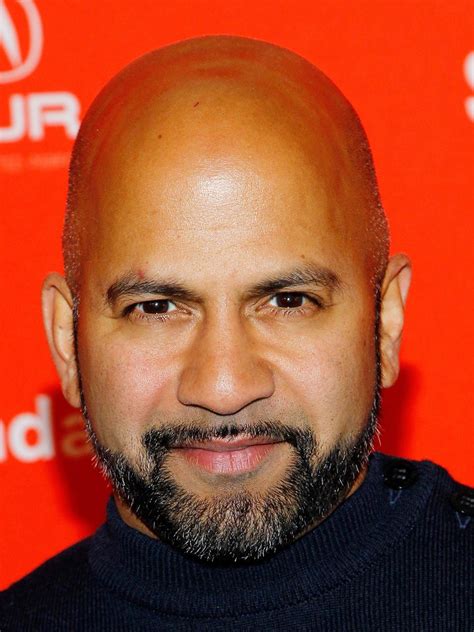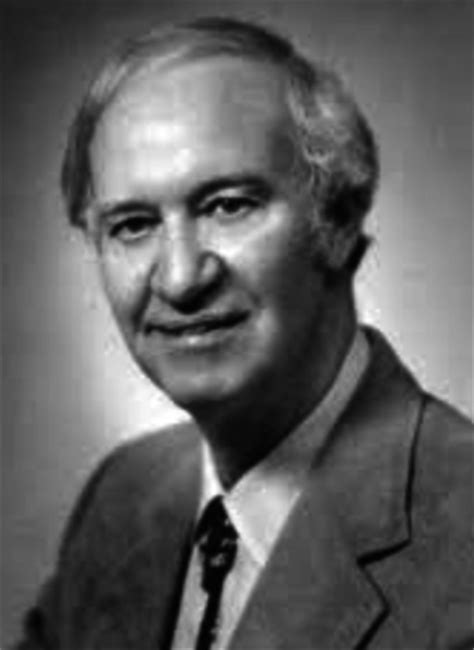A Quote by Tom Hanks
Now, learning how to make a movie is something you can figure out in about an afternoon. The physics of it, the marks, the lights, etc. What's hard to do is to suspend your own feelings of self consciousness. The natural actors can do that; they can become part of a characterization and learn how to maintain it.
Related Quotes
To be lovingly present through the primal, naked pain that marks aspects of birth, and to be lovingly present through the difficult, heart-wrenching ending that marks aspects of death is to learn about life and love. Fear may be strong but love is stronger. Learning how to love includes learning how to make room for and transform fear. Learning how to live involves learning how to die. Love alone is the most potent power illuminating the breath's journey in between these thresholds. Love is the key. Love is the dance.
Now consciousness, what is consciousness? Consciousness is being aware of one's surroundings, recognizing the existence, truth or fact of something; being aware of the very moment, the very instant that you are in; being aware of how you affect the human social, political, and natural ecology you are a part of and how it affects you. Consciousness is being informed and instructed through your groups peculiar culture on the effects of the varied ecologies on your immediate and distant ancestors, and to be aware of their interpretation of that experience.
I believe that our society's "mistake-phobia" is crippling, a problem that begins in most elementary schools, where we learn to learn what we are taught rather than to form our own goals and to figure out how to achieve them. We are fed with facts and tested and those who make the fewest mistakes are considered to be the smart ones, so we learn that it is embarrassing to not know and to make mistakes. Our education system spends virtually no time on how to learn from mistakes, yet this is critical to real learning.
I'm very sensitive - I'll cry during every movie or commercial - but when it comes to my own feelings, I don't really think about them that much unless I'm making music. Otherwise, I'm either checked out or laughing because that's how I do regular stuff. I have a hard time talking about my feelings.
You go out into the world, you read everything you can read, you imitate the things you love, and you learn how hard it is to do. Eventually, you learn your own vision of the world, you learn your own voice and how to hear it, and you learn to write your own work. Writers today have as many opportunities as my generation did, but they don't see the examples as clearly as we did.
When you work with a major label they create their own message for you and a lot of the time that works great, or at least it did back in the 90's but now it doesn't work, so I think as an artist if you learn your own business, like anybody would when they want to start a little restaurant - they'd figure it out and then build it and they work hard - then it could be your own little business that you grew to as big as you want it to be but you had much more control with how to communicate it and how it's cared for.
When you sing with a group of people, you learn how to subsume yourself into a group consciousness because a capella singing is all about the immersion of the self into the community. That's one of the great feelings - to stop being me for a little while and to become us. That way lies empathy, the great social virtue.
We will learn no matter what! Learning is as natural as rest or play. With or without books, inspiring trainers or classrooms, we will manage to learn. Educators can, however, make a difference in what people learn and how well they learn it. If we know why we are learning and if the reason fits our needs as we perceive them, we will learn quickly and deeply.
But feelings, no matter how strong or “ugly,” are not a part of who you are. They are the radio stations your mind listens to if you don’t give it something better to do. Feelings are fluid and dynamic; they change frequently. Feelings are something you HAVE, not something you ARE. Like physical beauty, a cold sore, or an opinion. Admitting you feel rage or terrible pain or regret or some old, rotten blame does not mean these feelings are part of who you are as a person. What these feelings mean is, you have to change your thinking to be free of them.




